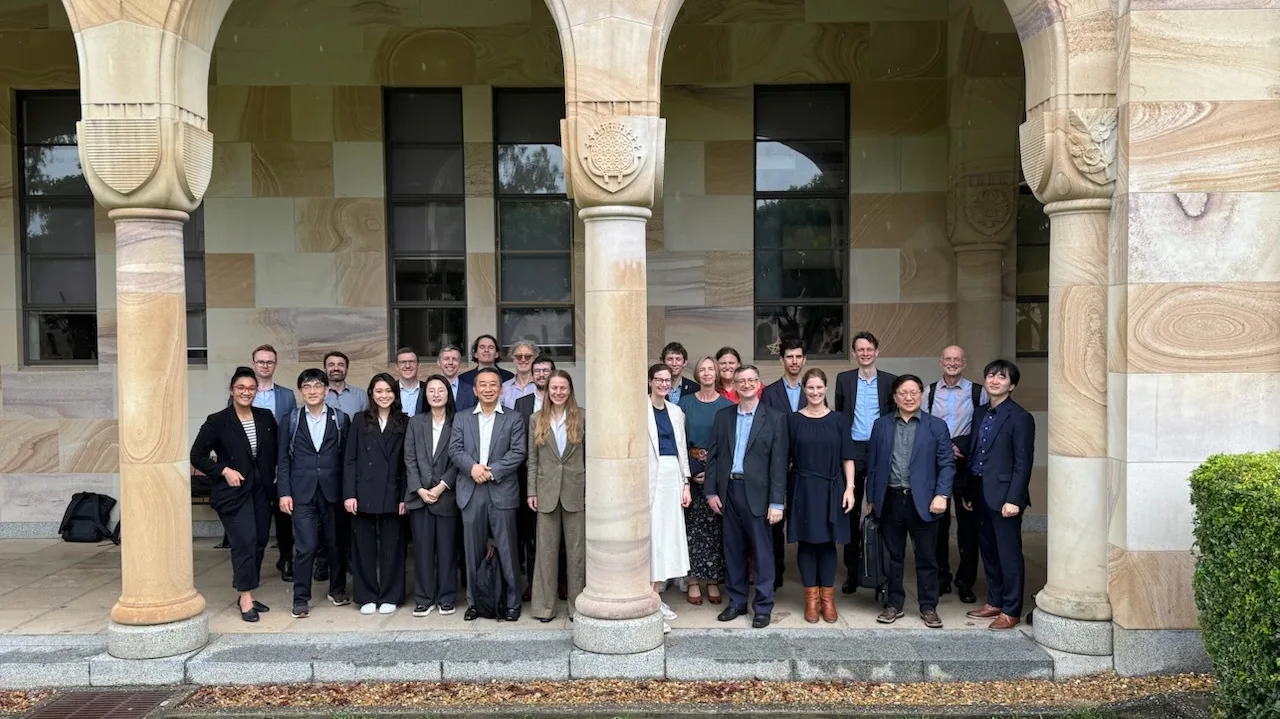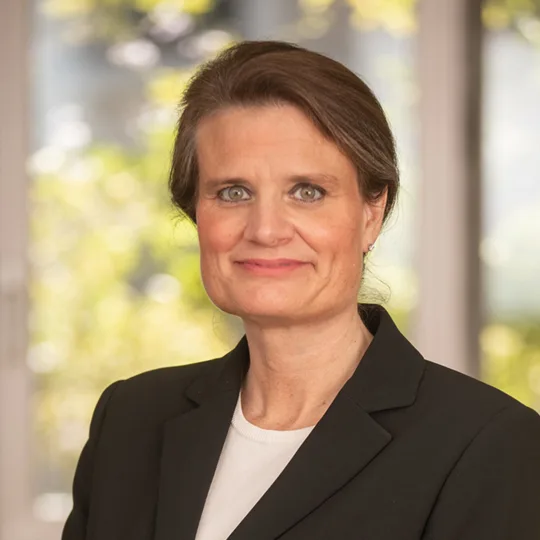Multilateral Dialogue on Quantum – the importance of entanglement
Since 2022, a group of countries, including Switzerland, have been meeting twice a year as part of a ‘Multilateral Dialogue on Quantum’. The aim is to identify the needs of research and innovation stakeholders in the field of quantum information science and technology (QIST) and to reach consensus on guiding principles and values. The last meeting took place in Brisbane (Australia) in March 2025.

In 2022, the United States established an initial roundtable discussion entitled ‘Pursuing Quantum Information Together: 2N vs 2N’. This meeting brought together representatives from twelve countries (USA, DE, AU, CA, DK, FI, FR, JP, NL, UK, SE and CH), which were then joined by South Korea in 2023. Since its inception, this multilateral forum has stressed the crucial role of international cooperation in addressing the challenges that QIST stakeholders face in bringing the promised technological revolution to fruition.
Renamed the ‘Multilateral Dialogue on Quantum’ or MDQ for short, this group of nations meets twice a year to facilitate informal interactions among experts in the field.
Among other things, these gathering enables participants to share best practices in the implementation of national programmes. They also discuss QIST-related research and innovation challenges and needs. In addition, common principles and values have been adopted to guide each country's approach. Some of these principles are for example freedom of research, integrity and impartiality, fair competition, and democratic values.
Moreover, there is consensus that cooperation is essential: it is unlikely that any single country acting alone will be able to develop and bring to market the range of technological breakthroughs required for QIST (sensors, computers, microchips and quantum communication networks). One reason for this view is the sheer scale of demand for skilled workers across the entire spectrum of disciplines.
Quantum entanglement is a phenomenon whereby two particles remain connected regardless of the distance between them. It is at the heart of the ‘second quantum revolution’, which aims to achieve precise control of atoms or particles. At the international level, ensuring coordination and alignment among the numerous national initiatives is essential to ensuring the success of quantum science and technology. In 2025, global investment in this field will reach $44.5 billion, reflecting its growing strategic importance. (Qureca).
Shared needs and challenges
At the sixth MDQ meeting, held in Brisbane on 27 and 28 March, member country representatives discussed progress made on two projects that were launched at the last meeting in September 2024:
- A catalogue of use cases for quantum sensor technologies. This document is intended to inform policymakers through concrete examples of successful international partnerships that have led to the commercialisation of products based on quantum sensing principles.
- An inventory of available capacities and infrastructure that could potentially be shared in the context of international cooperation.
Next steps for Switzerland
Switzerland's strong positioning in QIST is undisputed. In 2022, the Federal Council decided to launch the Swiss Quantum Initiative (SQI). This event was held at a time when Switzerland's non-associated third country status in the EU's Horizon Europe programme severely curtailed opportunities for Swiss researchers and innovators working in the QIST field. It should be noted that since 1 January 2025, Switzerland can now take part as a beneficiary in calls for proposals under Horizon Europe, the Euratom programme and the Digital Europe Programme (DEP), including calls relating to strategic technologies such as quantum. This will remain the case while awaiting signature of the EU Programmes Agreement (EUPA), which is expected towards the end of 2025. Once the EUPA has been signed, Switzerland will formally be associated to these programmes.
At the national level, the SQI has entered its second phase, which coincides with the 2025–2028 funding period for education, research and innovation. Innosuisse, the Swiss National Science Foundation (SNSF) and the Swiss Academy of Sciences (SCNAT) will coordinate the launch of targeted actions using instruments from their respective portfolios. The SQI will thus become a programme focussing on research, networking and innovation driven by SMEs and start-ups.
Finally, Switzerland will host the 8th MDQ Meeting in the spring of 2026. To this end, the State Secretariat for Education, Research and Innovation (SERI) and SQI officials will prepare the event concept, which will be presented to the other twelve members at the follow-up MDQ Meeting in September 2025.
Contact
Author



